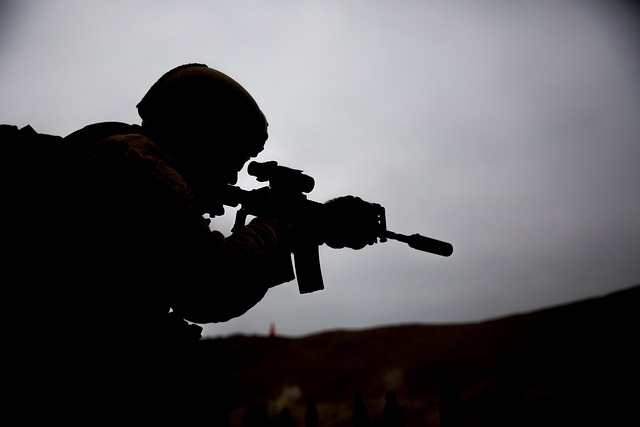Music plays an integral role in the US Army Special Forces' operations, enhancing morale, fostering unity, and conveying strategic messages covertly through parades and ceremonies. These events showcase their exceptional skills, cultural importance of music in special operations, and strengthen bonds with fellow soldiers and communities. As strategic tools, parades highlight the unit's unique capabilities, discipline, and values, shaping public perception as elite guardians of national security. Meticulous planning is required to ensure spectacular musical presentations that reflect the precision of Special Forces operations.
The rhythmic cadence of music has long been intertwined with the ethos of the US Army Special Forces, enhancing their distinctive identity on and off the battlefield. From historic precedents in special operations, to its current role in fostering camaraderie during parades and ceremonies, music serves as a powerful unifying force within these elite units. This article explores the multifaceted use of musical performances in shaping public perception and strengthening the bonds amongst US Army Special Forces personnel through significant events.
- Historical Precedence: The Role of Music in Special Operations
- Enhancing Morale and Unity: Parades as a Bonding Experience for the US Army Special Forces
- Symbolism and Public Perception: How Ceremonies Shape the Image of Special Forces Units
- Logistics and Preparation: Planning Musical Performances for High-Profile Events
Historical Precedence: The Role of Music in Special Operations
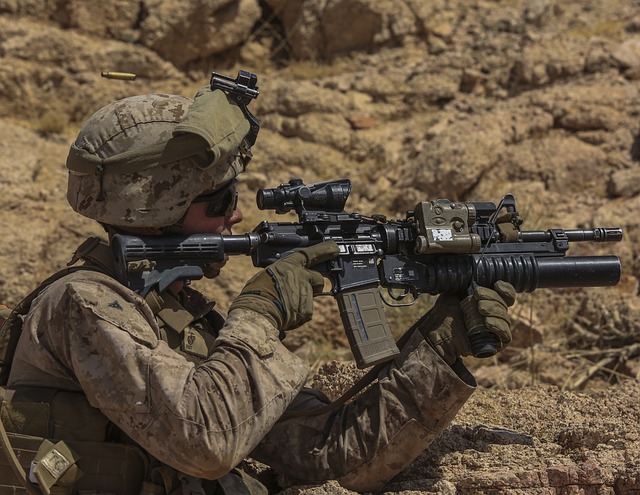
Music has played a significant role in special operations throughout history, serving as an essential tool for enhancing morale, fostering camaraderie, and signaling strategic intent. The US Army Special Forces, known for their versatility and adaptability in diverse environments, have long recognized the power of music in their unique missions. From early clandestine operations to modern-day counterinsurgency campaigns, music has been a covert yet potent weapon in their arsenal.
In times past, special operatives would use silent signals and coded songs to coordinate actions without revealing their presence. Today, the US Army Special Forces continue this tradition by incorporating live performances and tailored musical compositions during parades and ceremonies. These events not only showcase their operational prowess but also highlight the cultural significance of music in their special operations, creating a bond with both fellow soldiers and the communities they serve.
Enhancing Morale and Unity: Parades as a Bonding Experience for the US Army Special Forces
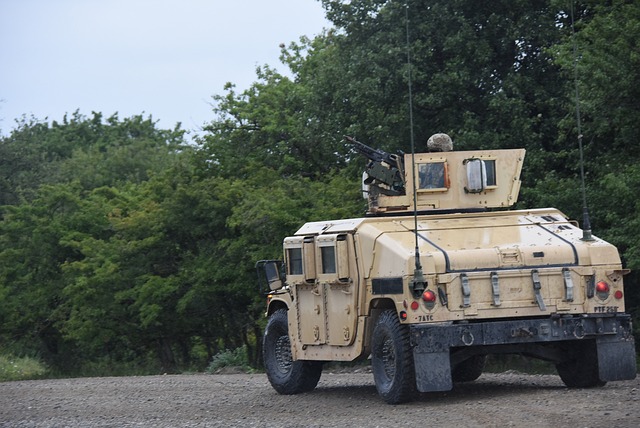
Parades and ceremonies play a pivotal role in fostering morale and unity among military units, particularly within elite organizations like the US Army Special Forces. These events serve as powerful catalysts for camaraderie, reinforcing bonds between soldiers who often face high-pressure, isolated missions together. The structured nature of parades, complete with synchronized movements and precise rituals, creates a sense of order and discipline that strengthens the collective spirit.
For the US Army Special Forces, participating in parades isn’t merely about displaying military might; it’s an occasion to celebrate their unique identity as a tightly-knit family. The intricate formations and meticulous displays during these ceremonies showcase the formidable skills and unwavering loyalty of each member. It’s a visual testament to their shared history, rigorous training, and unyielding dedication to protecting their country, fostering a profound sense of pride and unity that transcends individual achievements.
Symbolism and Public Perception: How Ceremonies Shape the Image of Special Forces Units
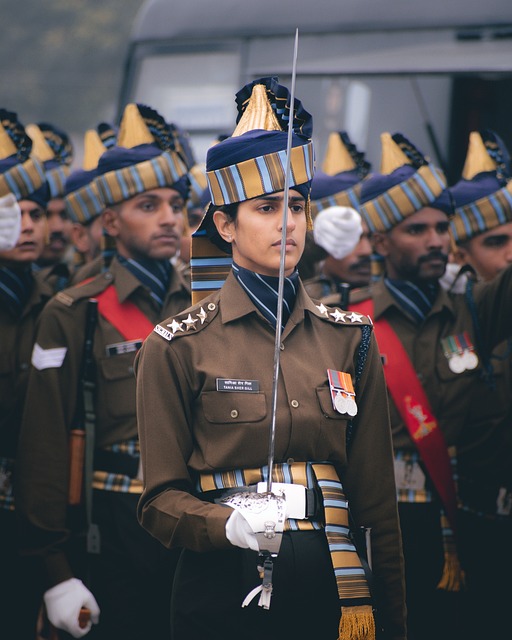
The use of parades and ceremonies is a powerful tool for showcasing the values, discipline, and unique capabilities of special forces units, such as the US Army Special Forces. These events serve as more than just displays; they are symbolic representations that shape public perception. In these gatherings, the precision of their formations, the flair of their uniforms, and the intensity of their rituals all contribute to a narrative about the unit’s identity. The public gains insights into the elite nature of these forces, their readiness, and their commitment to excellence.
Through carefully choreographed ceremonies, special forces units can convey their historical significance, core principles, and specialized skills. Parades and official events provide an opportunity for them to engage with communities, fostering a sense of pride and appreciation among citizens. This positive public perception is crucial in attracting top talent, gaining public support for future operations, and reinforcing the image of these special forces as guardians of national security and ambassadors of their country’s values on the global stage.
Logistics and Preparation: Planning Musical Performances for High-Profile Events
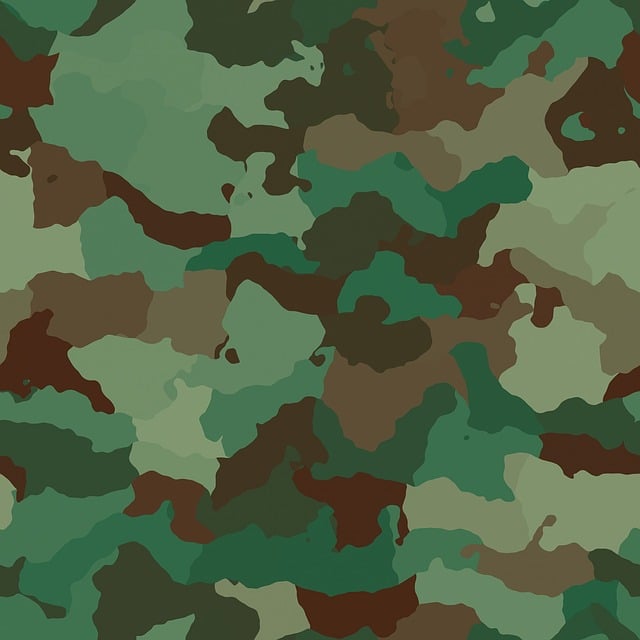
The planning and execution of musical performances for high-profile events, such as parades and ceremonies, require meticulous logistics and preparation, especially when involving prestigious units like the US Army Special Forces. The process begins with understanding the event’s theme and purpose, which guides the selection of music that resonates with the audience and enhances the overall atmosphere. Each performance must be tailored to fit the specific time constraints, venue, and expected audience size.
Music directors collaborate closely with event organizers, military commanders, and performers to ensure seamless coordination. They consider factors like transport logistics for instruments and equipment, sound system setup, and accommodations for performers. Rehearsals are crucial, allowing musicians to harmonize their skills while adhering to precise timing and choreography. This meticulous preparation ensures that when the moment arrives, the musical presentation is nothing short of spectacular, reflecting the discipline and precision associated with US Army Special Forces operations.
The US Army Special Forces’ integration of music in parades and ceremonies serves a multifaceted purpose, from enhancing morale among their ranks to shaping public perception. These events not only highlight the unit’s historical precedence and symbolic role within the military but also require meticulous logistics and preparation. Through carefully curated musical performances, the Special Forces forge a stronger bond with their fellow soldiers and solidify their unique identity in the eyes of the public, ensuring they remain a formidable and respected force.
